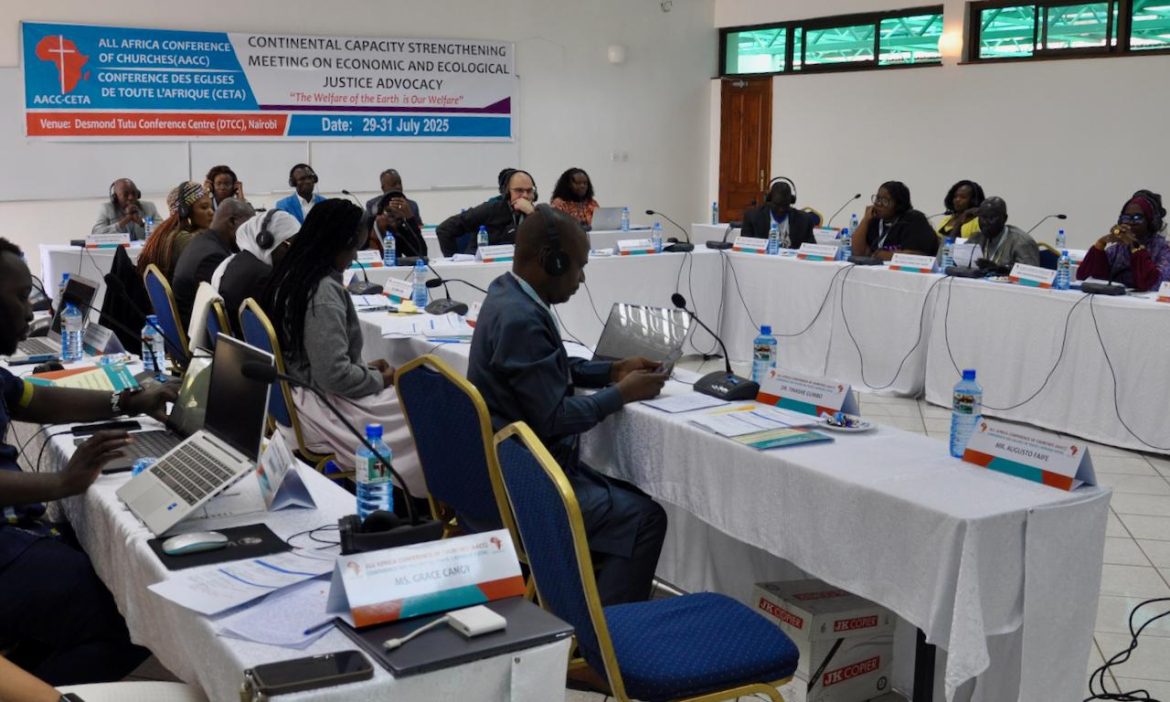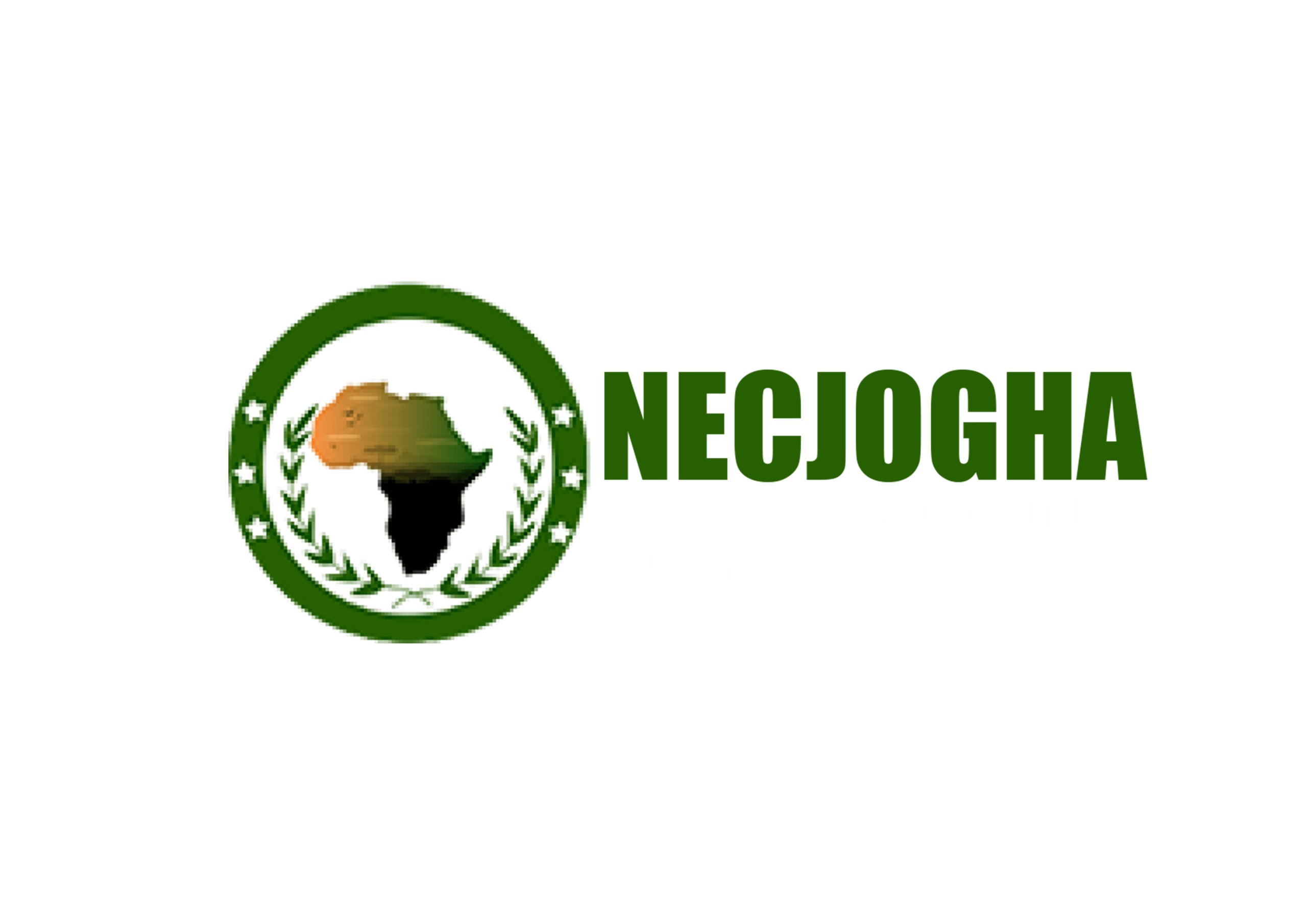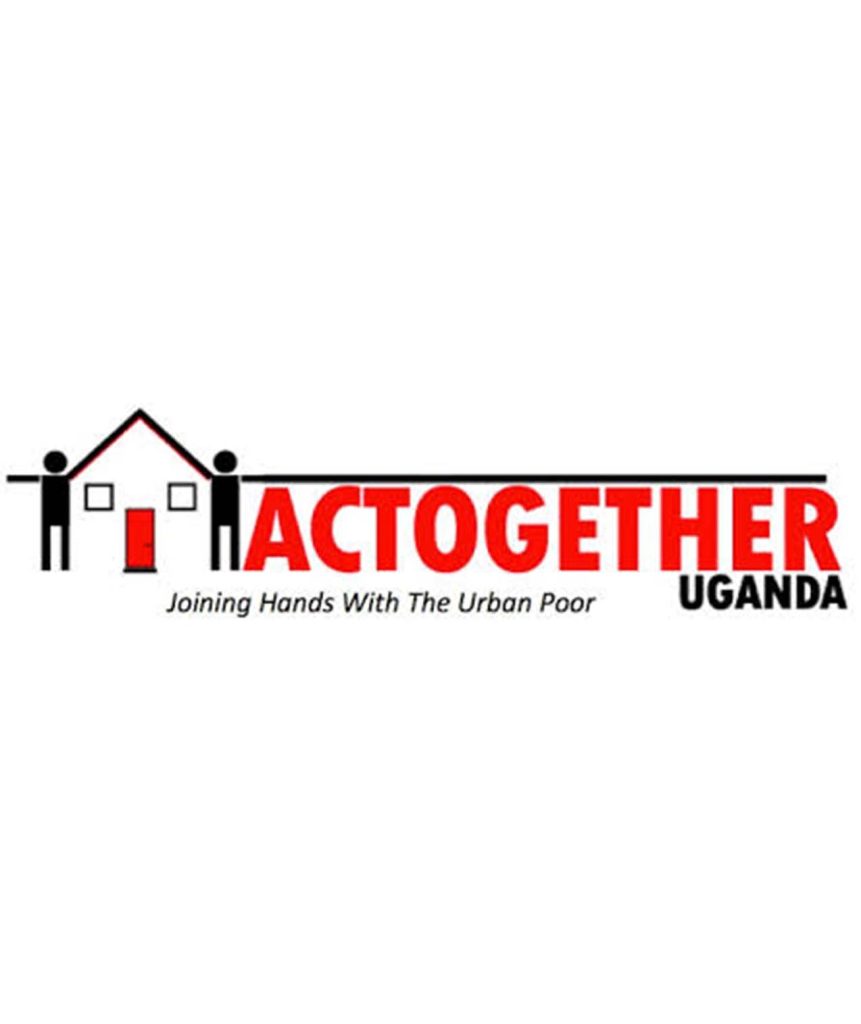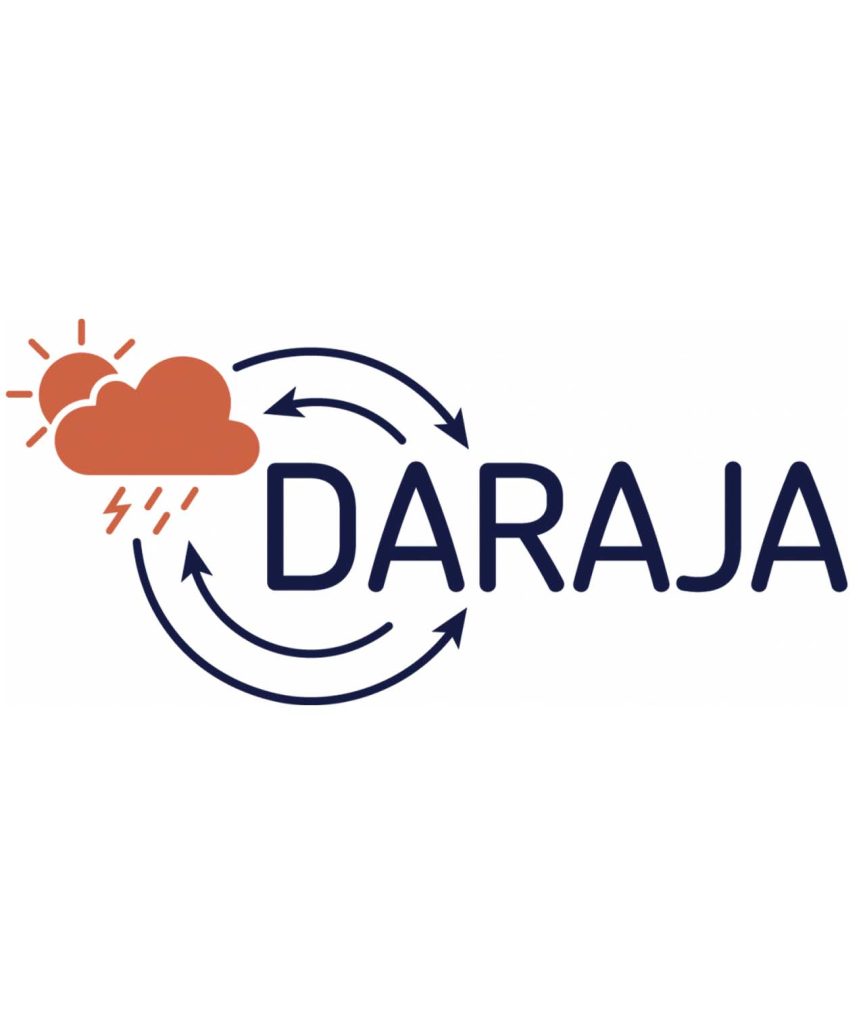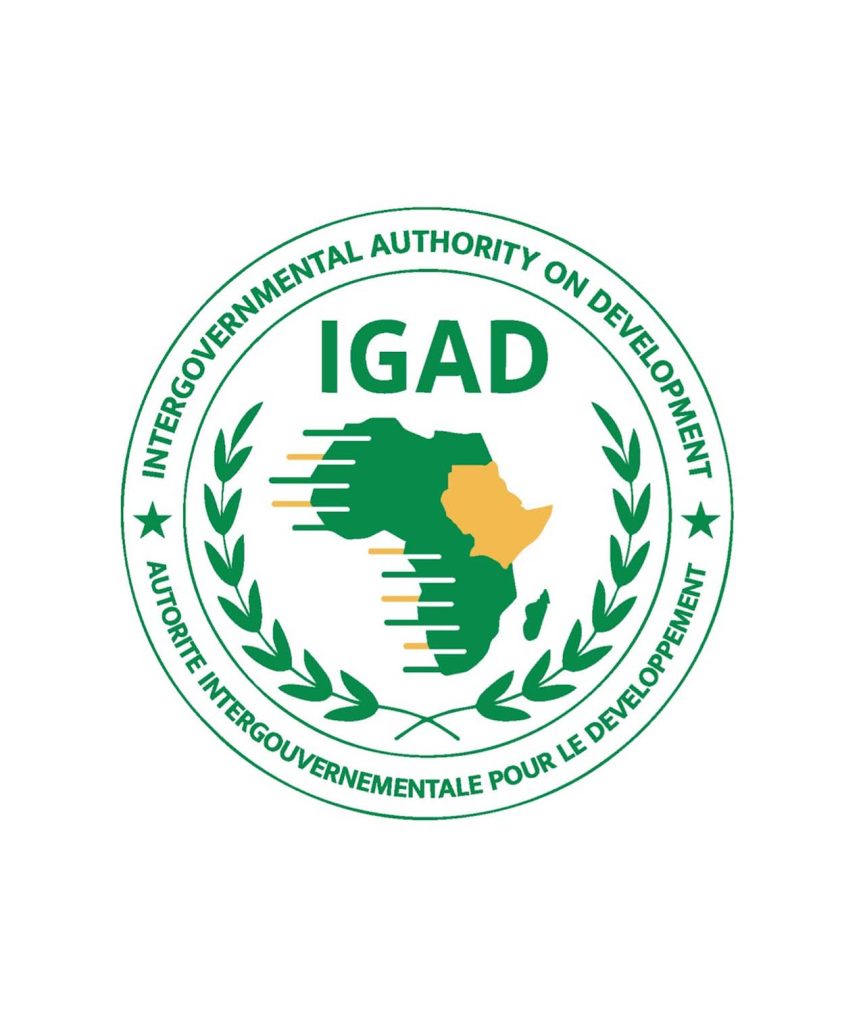African faith leaders have articulated key advocacy areas ahead of the African Climate Summit in September in Addis Ababa, Ethiopia, and the 2025 United Nations Climate Change Conference (COP30) in November in Belem, Brazil.
Christian and Muslim leaders from 21 African countries gathered in Nairobi, Kenya, from 29-31 July for a conference organized by the Africa Faith Actors Network for Climate Justice.
“Major for us is how to ensure the global goal of adaptation is matched with sufficient finance. Many are talking about mitigation, but for us in Africa, more funds are required for adaptation because of the catastrophe caused,” said Rev. Lesmore Gibson Ezekiel, All Africa Conference of Churches director of programs.
The All Africa Conference of Churches launched the Africa Faith Actors Network for Climate Justice in 2022 to coordinate and increase its climate work visibility.
“The fight is how our people can be resilient and how they can adjust to the current reality as we move forward,” said Ezekiel at the meeting, during which the network inducted new members.
Dr Tinashe Gumbo, All Africa Conference of Churches Economic and Ecological Justice executive secretary, said the continent hoped to continue receiving assistance for climate action.
“We, however, do not want a situation where the same people claiming to offer assistance increase our debt,” said Gumbo, as he explained transitioning from fossil fuels for Africa meant something different from others, since the continent was not accessing the fuels.
“Yes, transition, but let’s not put profits first. Let’s put the real agenda of reducing emissions,” added Gumbo.
Anglican Bishop Dr Emily Onyango of Bondo, Kenya, stressed the economic justice focus, while flagging the recent shift in lending to China and private individuals.
“African faith leaders need to sit at the table for policy and where decisions are made. For a long time, we have been talking to ourselves. We need to do a lot of influencing,” she said.
Muhammad Sani Isah, chief Imam, Waff Road Mosque Forum in Kaduna, Nigeria, welcomed the conference as a door for Muslims to address ecological and climatic challenges and economic justice.
“I see this as a jihad, not to kill anyone, but a jihad to preserve Mother Earth. There is no religion in joining hands to address these challenges,” he said.
Originally published: World Council of Churches

